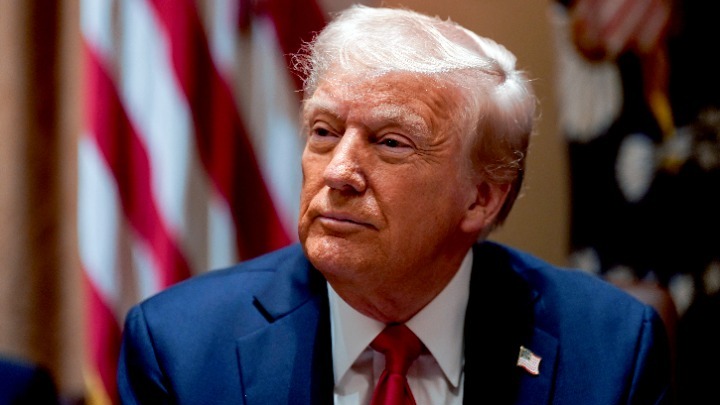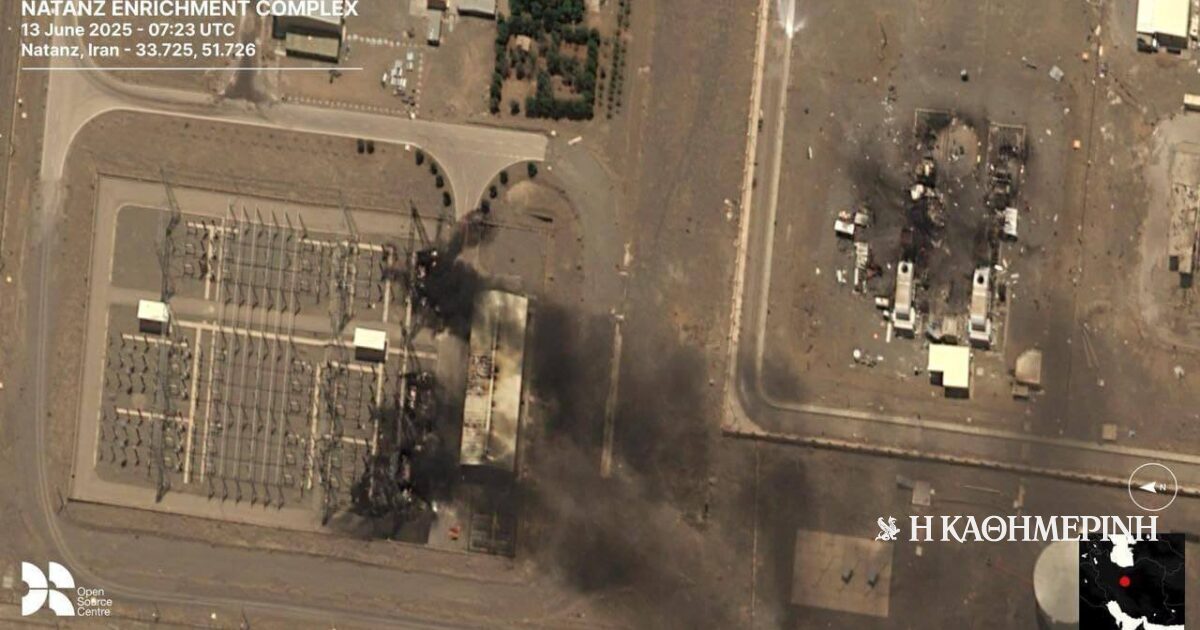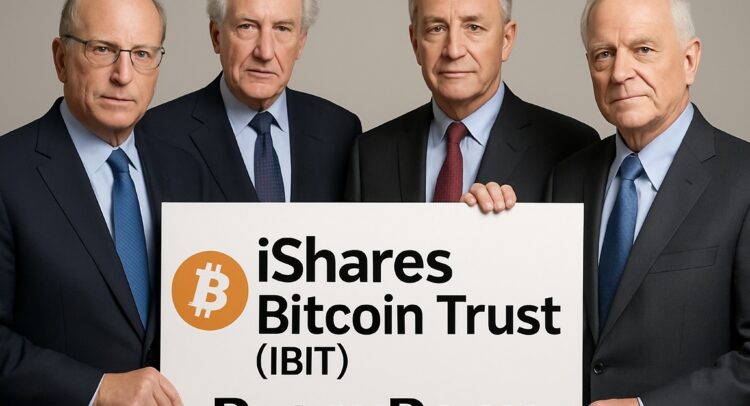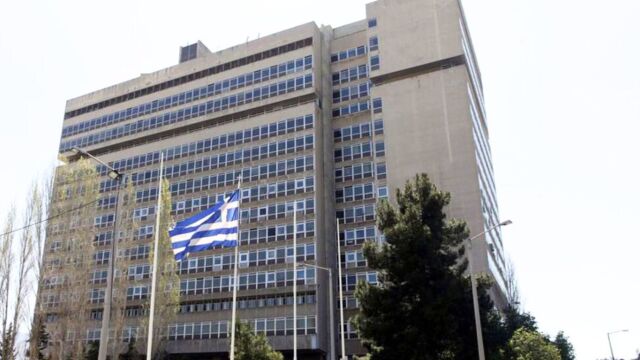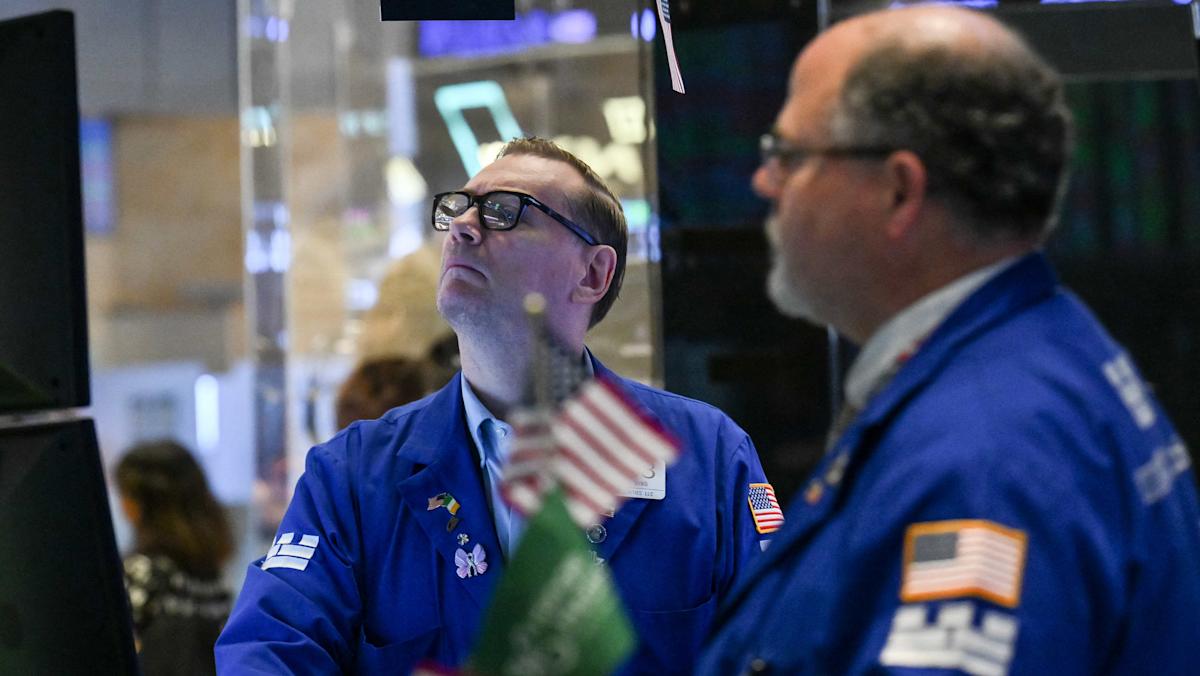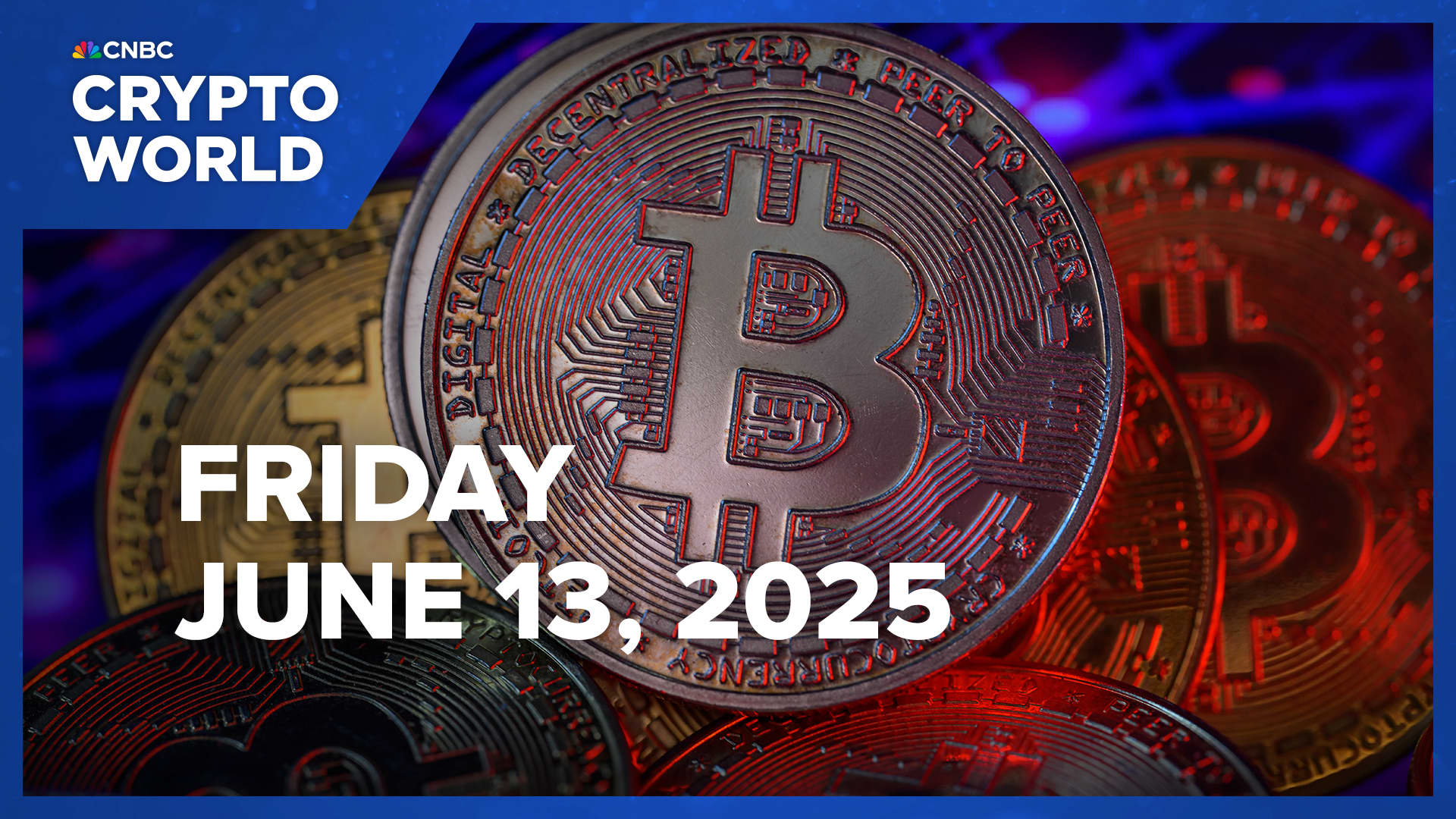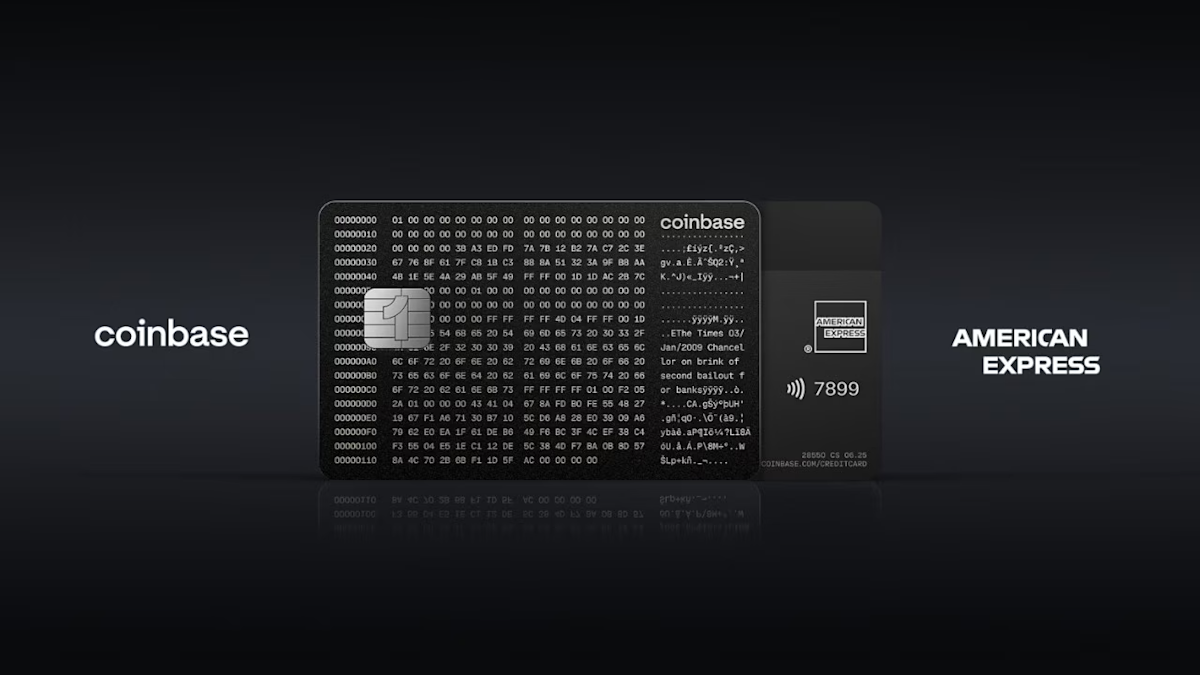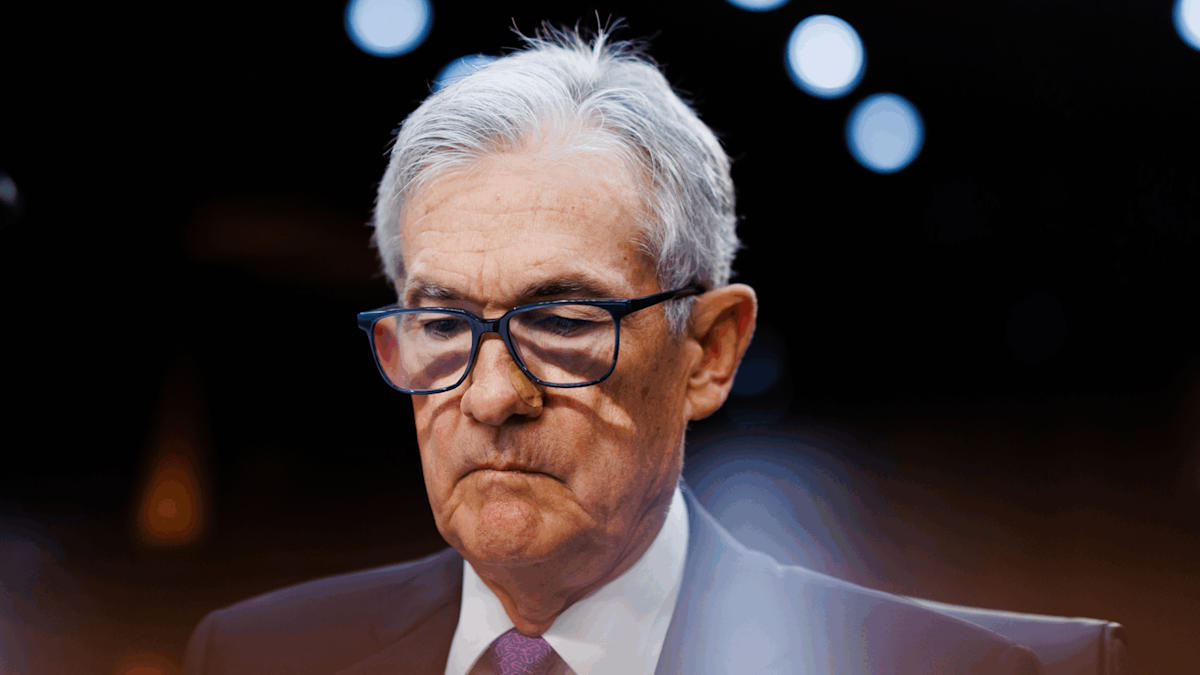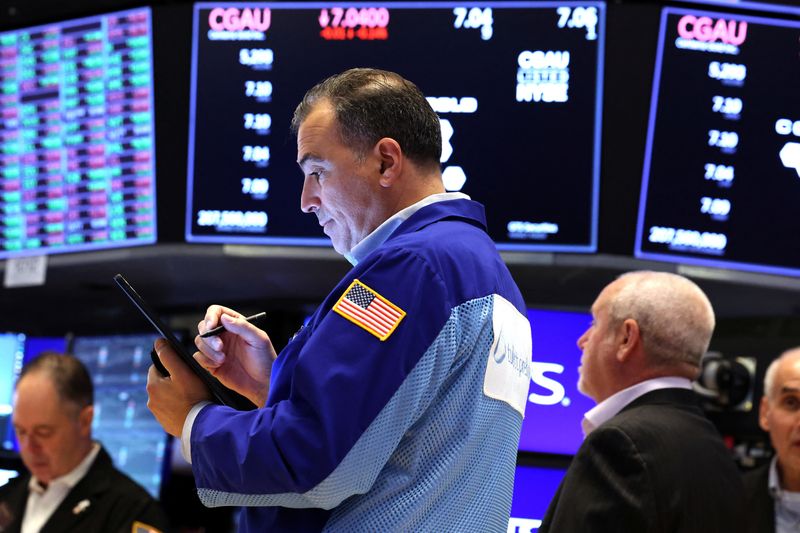BlackRock Owns 3% of All Bitcoin, and That Changes Everything
BlackRock (BLK) is now the second-largest holder of Bitcoin on the planet. Through its iShares Bitcoin Trust (IBIT), the asset management giant has quietly scooped up over 662,500 BTC—worth roughly $72 billion. That’s more than 3% of Bitcoin’s total supply. And it didn’t take decades. It took just 341 trading days.
Confident Investing Starts Here:
- Easily unpack a company's performance with TipRanks' new KPI Data for smart investment decisions
- Receive undervalued, market resilient stocks right to your inbox with TipRanks' Smart Value Newsletter
That pace is historic. It took SPDR Gold Shares (GLD) over 1,600 days to reach $70 billion in assets. BlackRock did it in less than a year. This isn’t just a milestone for ETFs. It’s a paradigm shift for how institutions treat Bitcoin.
Bitcoin Is Now Institutional Capital
For years, Bitcoin was a fringe bet, associated with tech libertarians and early adopters. Now? It’s sitting in the portfolios of some of the largest money managers on Earth. BlackRock treats BTC not as a trade, but as a long-term strategic allocation.
Their investment thesis is simple: Bitcoin’s volatility is the price for asymmetric upside. With adoption growing and supply fixed at 21 million, Bitcoin is starting to resemble digital gold, with faster settlement and broader reach.
That’s why BlackRock is backing it with real weight. Not just with capital, but with infrastructure and legitimacy.
Why 3% of Bitcoin Supply Matters
Only one known entity holds more Bitcoin than BlackRock: Satoshi Nakamoto, the anonymous founder. And even that lead is shrinking. BlackRock now holds more BTC than most centralized exchanges. That changes the liquidity profile of the entire asset.
If IBIT keeps growing, it may eventually become the largest single holder of Bitcoin globally. That would make the ETF’s daily inflows—and redemptions—a serious force in Bitcoin’s price movements. In other words, Bitcoin is entering a new era: one where its biggest whales wear suits and file with the SEC.
The Paradox of Centralized Bitcoin
Bitcoin was designed to be decentralized. But today, most users don’t interact with it that way. They use apps, exchanges, or ETFs—centralized platforms that offer ease of use, compliance, and protection.
BlackRock’s rise reflects that shift. Investors want Bitcoin exposure without seed phrases, gas fees, or tech headaches. But there’s a cost. As ETFs and custodians gain influence, control over actual coins becomes more concentrated—even if the base layer stays decentralized.
That’s the paradox. Bitcoin’s philosophy lives in the code. Its exposure lives in centralized rails.
Bitcoin as a Portfolio Standard
BlackRock isn’t just buying Bitcoin. It’s telling clients how to use it. Their view? Bitcoin belongs in the same conversation as stocks, bonds, and gold. A 1% to 2% allocation, they argue, improves diversification. It acts as a hedge against monetary policy risk and asset correlation.
This approach reframes Bitcoin from speculation to allocation. From “should we own it?” to “how much should we own?”
The key message of note is that when BlackRock calls BTC a legitimate reserve asset, pension funds and sovereign wealth funds take note.
Regulators Scramble as Bitcoin’s Role Expands
IBIT only exists because U.S. regulators finally approved spot Bitcoin ETFs in early 2024. That opened the floodgates. But the rules for crypto are still murky—especially beyond Bitcoin. The SEC’s stance on Ether, Solana, and other tokens remains unclear. That uncertainty delays more innovation.
For now, Bitcoin enjoys a clearer path. But if the rest of crypto is going to follow, regulators need to catch up.
The Financialization of Bitcoin Is Here
Bitcoin is no longer just for retail rebels. BlackRock’s position proves it’s now a pillar of institutional strategy. That may bring stability, volume, and regulation. But it also raises the question: Can Bitcoin stay decentralized if its ownership gets institutionalized?
This is the new Bitcoin debate. Not whether it survives, but who really controls it when trillions flow in.
At the time of writing, Bitcoin is sitting at $105,897.94.

Looking for a trading platform? Check out TipRanks' Best Online Brokers guide, and find the ideal broker for your trades.
Report an IssueContent Original Link:
" target="_blank">





